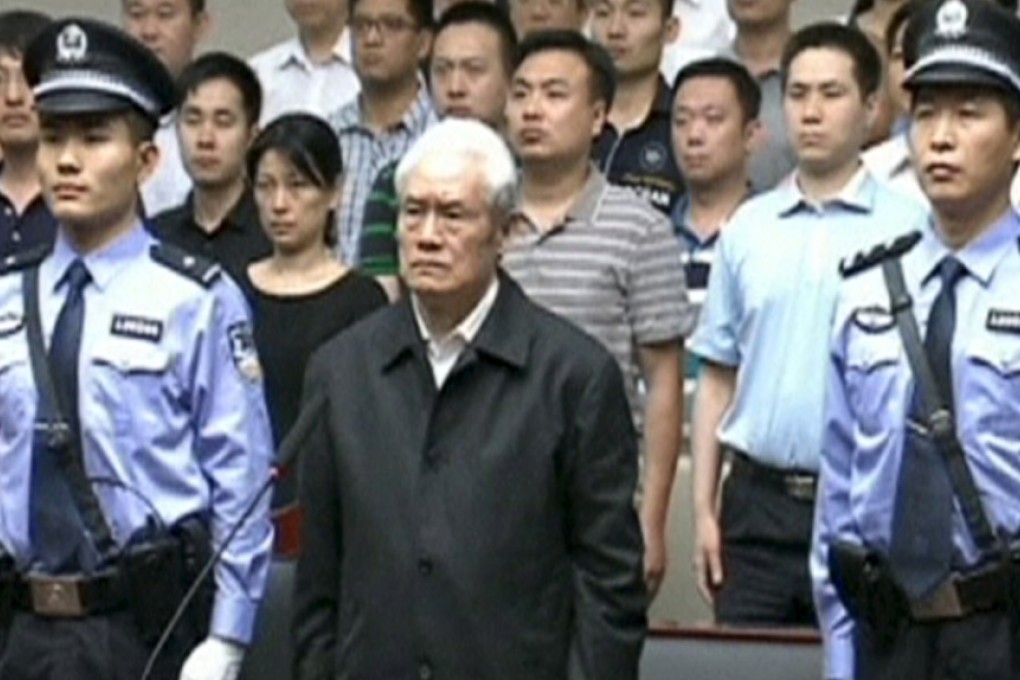China’s Communist Party considers code of conduct for senior cadres after purge of high-level officials

Communist Party leaders are on a soul-searching mission to come up with ways to enforce discipline at the top after a series of high-profile graft cases, a former Central Party School official said.
The leaders were also considering whether to introduce a code of conduct for senior cadres, the Southern Metropolis News on Wednesday quoted Li Junru, a retired vice-president of the Central Party School, as saying.
“Since the launch of the [administration’s] anti-corruption campaign, problems have been found with senior leaders including Zhou Yongkang, Bo Xilai, Xu Caihou, Ling Jihua and Su Rong,” Li said. “It prompted the party’s Central Committee to start thinking about how to manage party cadres holding top office in the party and country.”
Li made the comments on Tuesday at a conference on governance organised by the Central Commission for Discipline Inspection and the China Centre for Contemporary World Studies. It was attended by 80 specialists from China and overseas.
In response to a question about corruption stemming from the leadership’s monopoly on power, Li said party leaders were reflecting on the corruption cases of senior officials, the report said.